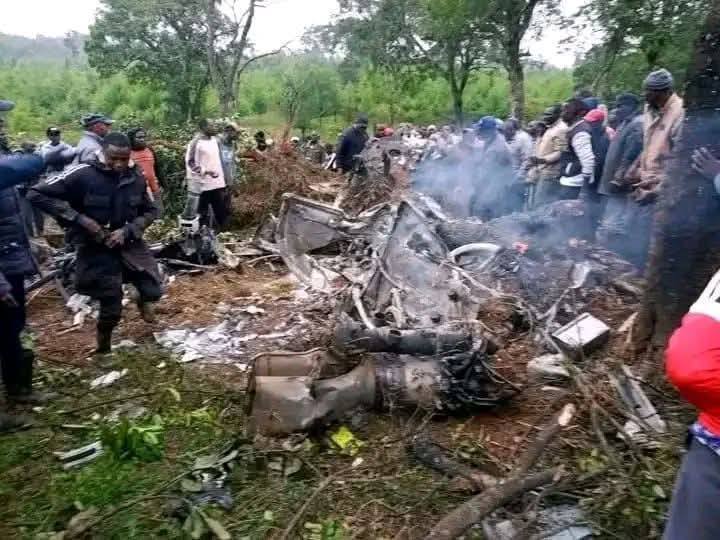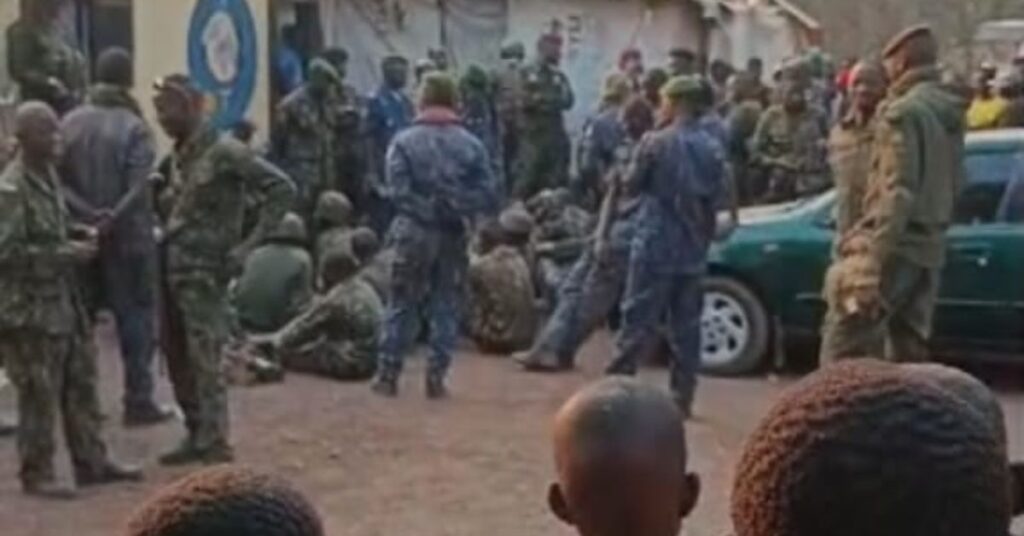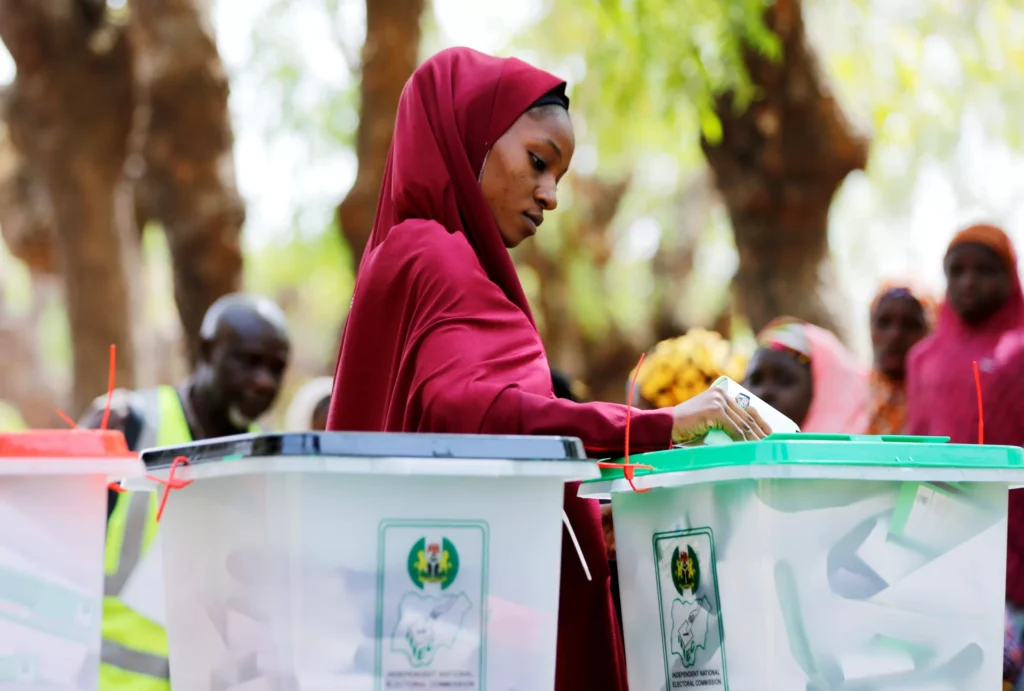
Senegalese authorities have imposed a nighttime ban on motorcycles in the eastern Bakel region following a series of cross-border insurgent attacks in Mali.
The decree, published this week, cites “security reasons” after militants targeted Malian army posts on July 1, killing at least one civilian.
One of the attacked towns, Diboli, lies less than 500 metres from Kidira, a Senegalese town along the tense frontier.
The ban covers motorbike use from midnight to dawn across the Bakel region, a 230-kilometre strip bordering Mali’s unstable west.
The July attacks were claimed by the Group for the Support of Islam and Muslims (JNIM), an Al-Qaeda-linked group active in Mali, Niger, and Burkina Faso.
JNIM is considered the most potent insurgent threat in the Sahel, with growing ambitions to push into Senegal and Mauritania, UN reports warn.
Security analysts say motorcycles are a key mobility tool for insurgent fighters operating in the region’s remote and rugged terrain.
Senegalese officials hope the ban will deter militant infiltration and improve monitoring along the porous border.
Local authorities in Bakel declined to comment when contacted by AFP on Saturday, offering no further details on enforcement or duration.
Mali remains in turmoil under a military junta that seized power in two coups in 2020 and 2021, fuelling years of unrest.
Armed groups linked to both Al-Qaeda and Islamic State have entrenched their presence, leaving Mali and its neighbours in a prolonged state of insecurity.
Senegal, long seen as a stable democracy in West Africa, now faces a creeping threat from the region’s widening conflict.




